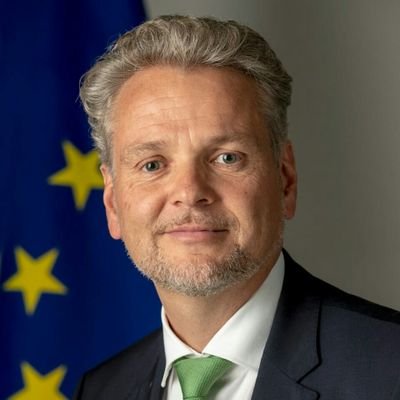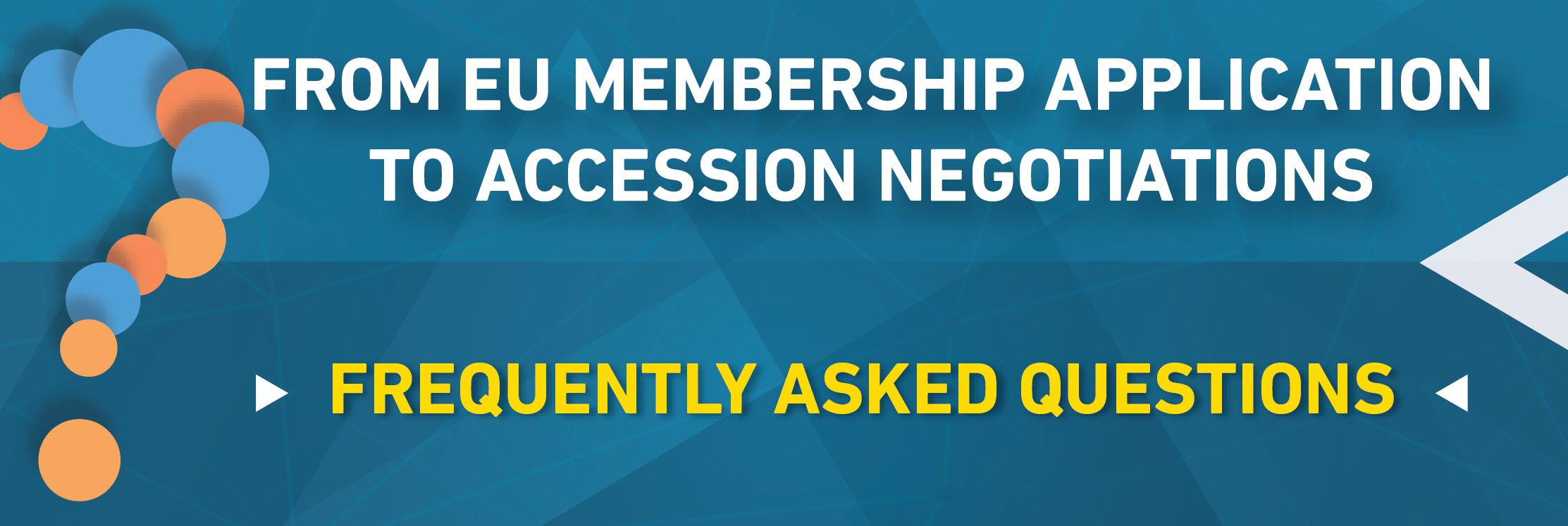Enlargement Policy
As with the creation of the European Union (EU) itself, its enlargements strived to consolidate peace and prosperity in Europe.
A bigger Europe is a stronger, more stable Europe, one better equipped to face internal and external challenges.
At its summit in Copenhagen in June 1993, the European Union established the criteria for entry of future Member States into the EU. They reflect the values on which the EU is founded: democracy, the rule of law, respect for fundamental rights, as well as the importance of a functioning market economy. They paved the way for the historic transformation and accession of the countries of Central and Eastern Europe, and are still valid today. The criteria are driving reforms in the current candidate countries and potential candidates: Albania, Bosnia and Herzegovina, the Republic of North Macedonia, Kosovo, Montenegro, Serbia and Turkey.
The so-called “Copenhagen criteria” include three elements that must be met by new Member States:
• political: stability of institutions guaranteeing democracy, the rule of law, human rights and respect for and protection of minorities;
• economic: existence of a functioning market economy and the capacity to cope with competitive pressure and market forces within the Union;
• acceptance of EU laws and regulations: ability to take on the obligations of membership, including adherence to the aims of political, economic and monetary union.
For the countries of the Western Balkans, torn by conflict just twenty years ago, the clear perspective of EU membership is a key stabilising factor. Since 2007, there has been progress towards membership in these countries, but a number of issues still remain. Good neighbourly relations and inclusive regional cooperation are essential to further progress. Continuous efforts to tackle bilateral issues among enlargement countries and with Member States – under UN auspices where relevant – and overcome the legacy of the past are crucial for completing and consolidating the region’s reconciliation process.
The accession path today is more rigorous and comprehensive than in the past, reflecting the evolution of EU policies as well as lessons learnt from previous enlargements. It is a carefully managed process built on strict but fair conditionality. Progress towards membership is dependent on each country taking steps to meet the established criteria at each stage. Conditionality has been strengthened over recent years through the systematic use of benchmarks in the accession negotiations and a new approach that puts rule of law at the heart of the accession process.
Check the current status on DG NEAR page.
This was originally published in the publication “The Transformative Power of Enlargement”


















